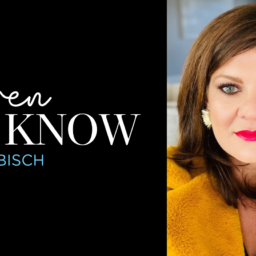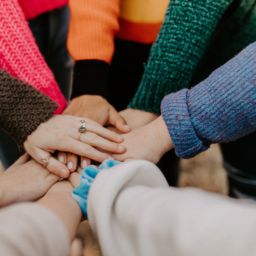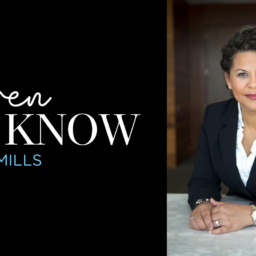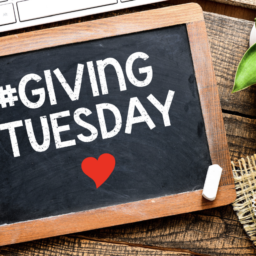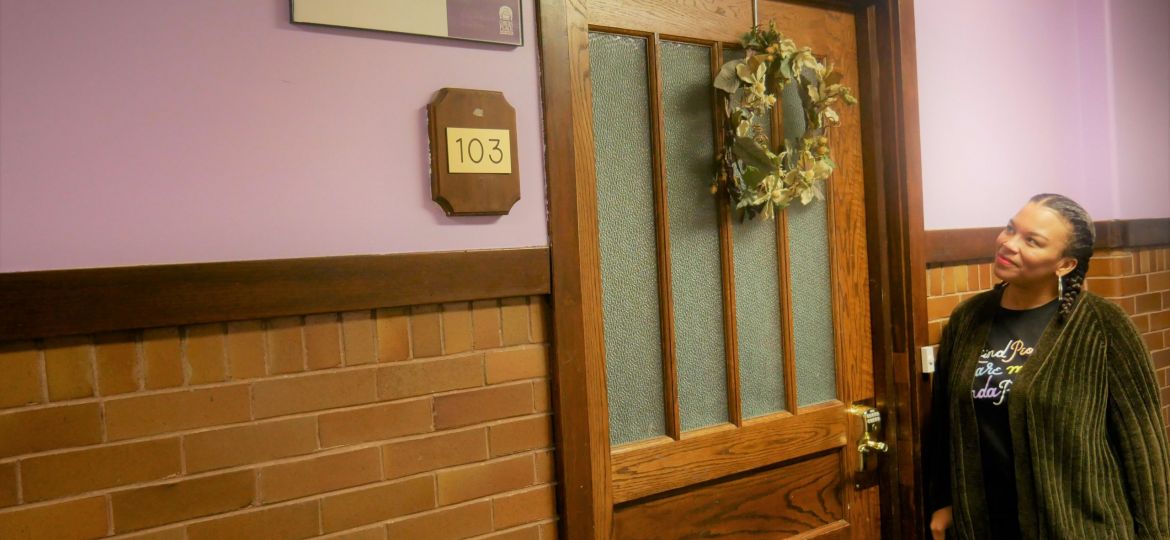
Domestic violence survivors don’t just go to Starbucks or the library for a latte or to check out the latest Stephen King novel, said Julie Henson, the donor relations officer at Coburn Place, the largest transitional housing program in Indianapolis. They go because, at home, their abuser is in the next room—and can hear anything they say on the phone.
“Right now, people aren’t able to call from places where they can go into the details you need to talk about,” Henson says. “We’ve had to get creative. We started a 24/7 crisis text service (317-864-0832) as a new way to support survivors.”
But the women who do manage to get in touch with Coburn Place are in increasingly dire straits. “Life-and-death support calls to our front desk have almost doubled since the pandemic took root in Indiana,” Henson says.
Wendy Noe, the executive director of Dove Recovery House, Marion County’s largest substance abuse recovery center for women, says Dove House fields about 100 inquiries per month for its transitional housing program, which can accommodate 40 women per night. And she only expects that number to increase over the next couple of months. “The CDC has released information that shows that individuals who suffer from substance abuse disorder and mental health issues will see a higher relapse rate,” she says.
Noe says Dove House made the difficult decision to stop accepting new clients from mid-March through April 30 in order to protect its current residents and staff (processing resumed May 1). “It breaks my heart to see an open bed because that means someone is homeless or in a violent situation,” she says.
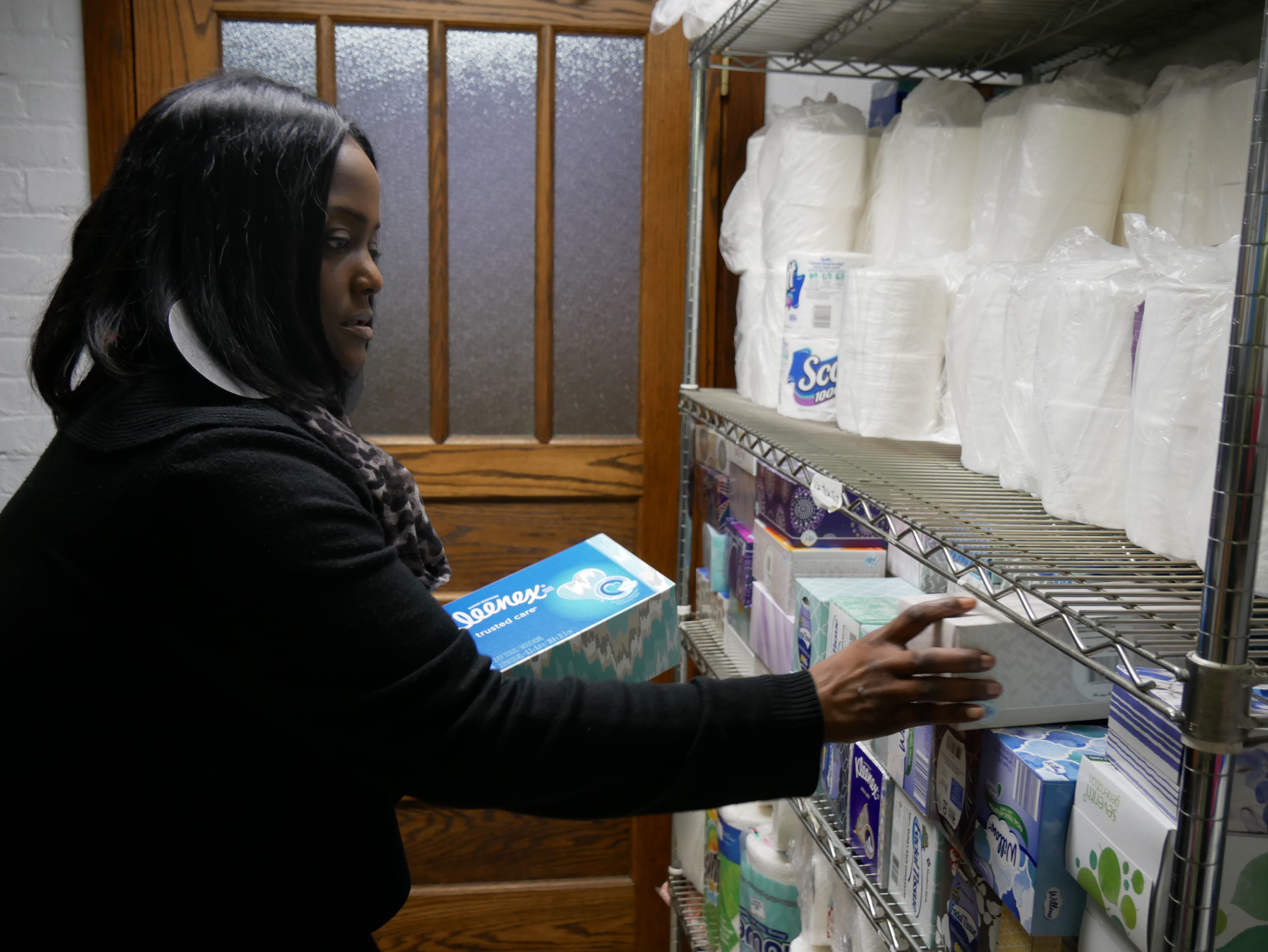
Coburn Place had more than 135 families on the waitlist for its 35 private apartments prior to the pandemic. Demand has only increased over the past three months, Henson says. “We’re working with hotels to get survivors out of their abusive situations as quickly as we can,” she says.
Yet even as members of vulnerable communities need help more than ever, the organizations trying to provide it are contemplating how to survive when, in many cases, they were already operating on tight budgets. Noe says Dove House had to postpone an April fundraising luncheon that accounts for about a quarter of its annual operating budget. Alan Witchey, the president and CEO of the Damien Center, the state’s oldest HIV/AIDS service organization, said his organization also lost its annual April fundraising event, “Dining Out for Life,” which normally raises about $100,000.
“People are scared to make donations right now because their jobs are insecure,” he says. “I’m very worried about how things will go for us for the next few months.”
Despite fundraising challenges, Indy’s nonprofits have proved remarkably resilient. Dove House pivoted to a telehealth model for services from group therapy to case management within a week in mid-March. The Damien Center used the $60,000 it received through the Housing Opportunities for Persons with AIDS Program to pay for hotel and motel rooms for dozens of immunocompromised HIV-positive people. Coburn Place moved its weekly kids’ therapy to Zoom and a partner organization, School on Wheels, is providing virtual tutoring.
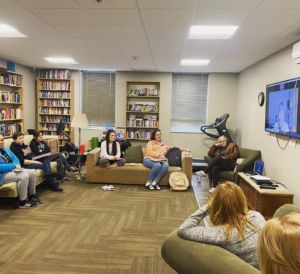
Henson, Witchey, and Noe all say they’ve been overwhelmed by the kindnesses people have showered on their organizations over the past few months. When Coburn Place ran out of beds, Henson sent an email to supporters asking for donations—and received 12 by the end of the day. One donor dropped off $500 in gift cards that Coburn Place used to buy cold and flu medicine for residents.
“It’s humbling and beautiful to see the way people have thought of survivors every day throughout this,” Henson said.
Noe says Dove House’s greatest needs right now are nonperishable food, cleaning supplies, paper towels, and toilet paper. Coburn Place is running short on small appliances like toasters and coffeemakers. Both organizations have regularly updated Amazon wish lists that people can donate items from.
In addition to food, toiletries, and flex dollars, what the Damien Center needs more than anything is what Witchey calls “social media ninjas,” he said.
“We need people to promote taking care of and helping other people,” he said. “Many people don’t feel safe doing that in person right now, so the best way to help is to make a donation or buy products and drop them at our door.”
Noe hopes people don’t forget nonprofits even after the world gets a handle on the pandemic.
“Generosity is going to be needed even after people go back to work,” she said. “We’re going to be a bit behind in terms of what we were doing before.”
The most challenging aspect of the coronavirus crisis is that the pandemic has no fixed end point, she said.
“We have this huge crushing need and it’s so hard to be working every day as hard as we can and not even chipping away at it,” Henson said.
Noe said that, although she knew the women of Dove House were resilient, the coronavirus crisis has shown her just how much they can withstand.
“I’m just in awe of the women in our program,” she said. “We’ve had zero relapses.”
How You Can Help
Coburn Place
People can donate items on Coburn Place’s Amazon wish list, which includes items like trash cans, toasters, coffeemakers, microwaves, and blenders. Flex dollars and gift cards are also appreciated.
coburnplace.org; 317-923-5750
Dove Recovery House
Donors can browse the Amazon wish list on the Dove House website, which includes items like toiletries, cleaning supplies, paper towels, and nonperishable food. Flex dollars are also greatly appreciated.
doverecoveryhouse.org; 317-964-0450
The Damien Center
The Damien Center’s food pantry currently needs items like paper towels, toilet paper, dish soap, toothbrushes and toothpaste, canned fruits, and soups. You can call 317-632-0123 or email ajackson@damien.org to donate. Flex dollars are also appreciated.
damien.org; 317-632-0123
Sarah Bahr is a regular contributor to Indy Maven.







